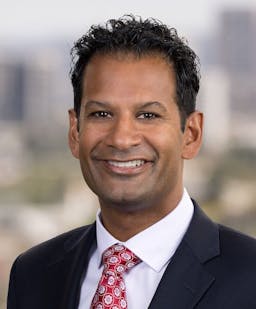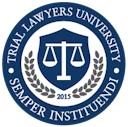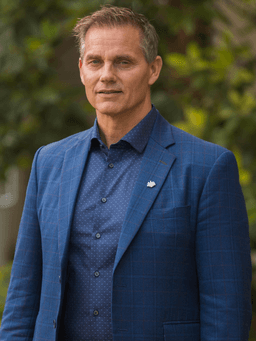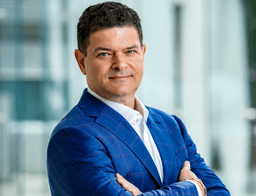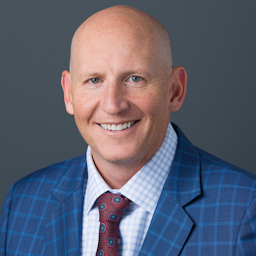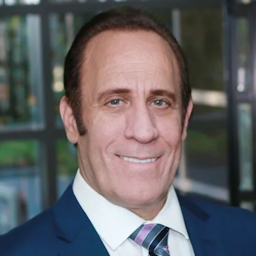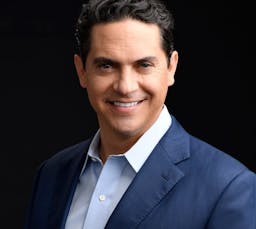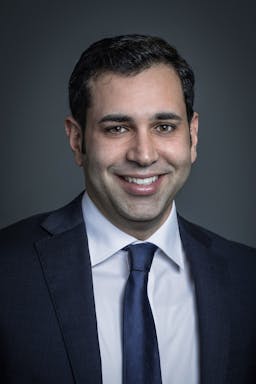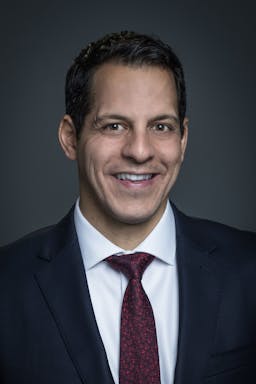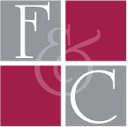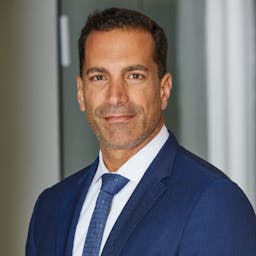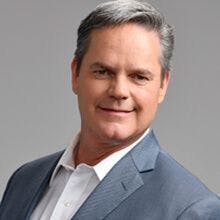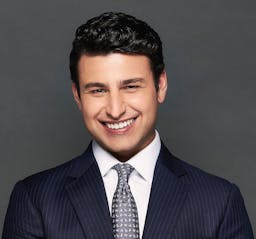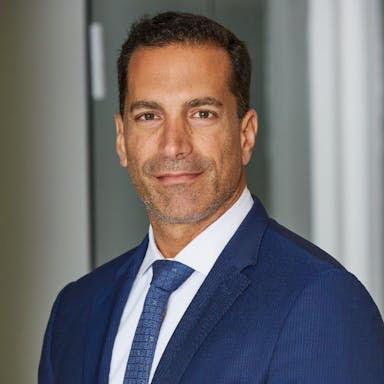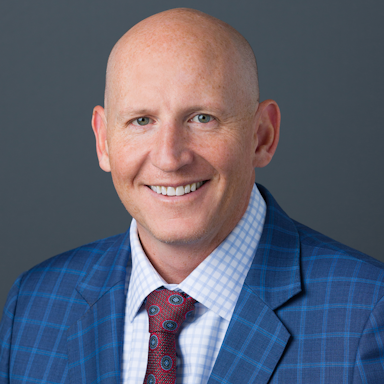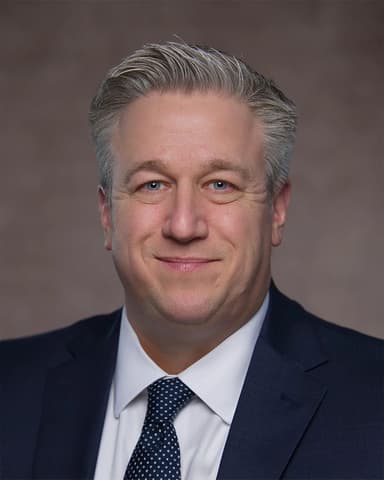Jeremy Babener
I’m a tax lawyer who originally planned to be a trial lawyer. Now I serve as Tax and Settlement Counsel to plaintiff firms, focusing on settlement language and arrangements that plaintiffs use to keep far more of their winnings.
As an aspiring trial lawyer at NYU Law I clerked in the U.S. Department of Justice’s Federal Tort Claims Act Section. Everything changed when NYU cancelled my 2L Evidence Course and I switched to a Tax Policy Course. In it I wrote my Law Review Article on a critical plaintiff tax issue raised during my clerkship: the strategic use of Qualified Settlement Funds. To do so I interviewed plaintiff lawyers and advisors across the country, many of whom later became my clients.
I obtained my Tax LL.M at NYU Law and then served as a Fellow in the U.S. Treasury’s Office of Tax Policy. While at the Treasury I focused on plaintiff tax issues in addition to transactional, trust, and international taxation, which would later help me vet and build arrangements used at settlement today.
After my time at the Treasury I joined a Northwest Law Firm and focused my practice on plaintiff and plaintiff firm taxation. I now serve on the ABA TIPS Plaintiffs’ Practice Committee and Chair the Society of Settlement Planners’ Legal Committee. I write and speak on the subject in a Forbes Column, for trial lawyer audiences, and on CNN, Fox News, and CNBC.
Through my law firm Structured Legal I advise plaintiffs and plaintiff firms. Through my consulting firm Structured Consulting I build new settlement arrangements with trust companies, insurance companies, and other financial institutions.
Using my past experience advising nonprofits I worked with other plaintiff supporters to build the Plaintiff Fund, a 501(c)(3) charity that allows plaintiffs to raise medical funds from their community without losing government benefits.
Tax & Ethics at Settlement
An extra sentence in the settlement agreement can dramatically increase what a plaintiff keeps. Even in tax-free cases you can save your client from significant taxes – for example, by preserving millions in future medical expenses deductions, or by securing valuable tax subsidies.
This is a presentation for trial lawyers, not financial advisors. How can you issue-spot for tax opportunities (and risks) at settlement? And what steps can you take at engagement to protect you and your client from missing them?
The settlement agreement is your best tax tool. You can force the IRS to bear the burden of proof on audit. You can dramatically reduce the risk of audit. And you can memorialize facts needed to secure tax benefits.
To do so we’ll discuss how to spot potential taxation before signing and flag opportunities to avoid it. We walk through the use of the settlement agreement to effect and protect tax-saving strategies.
We’ll also walk through tax-subsidized and tax-advantaged arrangements. Each “solution” solves a unique problem. What is the “plaintiff double tax”? How can you avoid it? How can you settle while still preserving structured settlement options?
Lastly, we’ll cover the plaintiff firm’s ethical obligations on tax and financial issues. What if you don’t spot these issues? Can you exclude them from your scope of representation? What should you know when referring clients to settlement advisors?
No one expects you to become a tax lawyer. But your team may be in the best position to spot tax opportunities and risks. We’ll walk through what to watch for.
TLU Live HB Agenda
Track 1
Breakfast
7:30am - 9:30am
Hosted by
- 9:00a

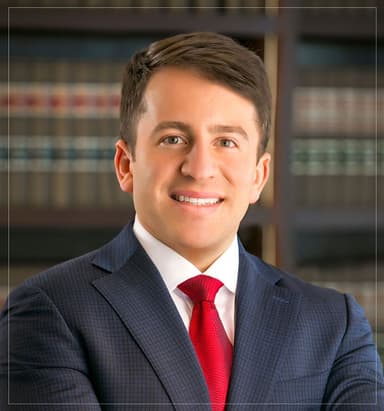
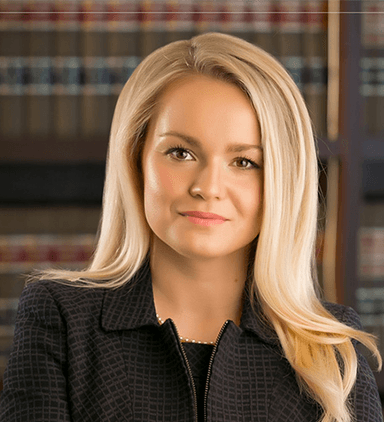 Andrew Robb · Brittany Sanders Robb Maximizing Damages
Andrew Robb · Brittany Sanders Robb Maximizing Damages Coffee & Snacks
Hosted by
- 10:15a

 Joseph CamerlengoGetting to Amazon, FedEx, and Other Large Entities
Joseph CamerlengoGetting to Amazon, FedEx, and Other Large Entities Coffee & Snacks
Hosted by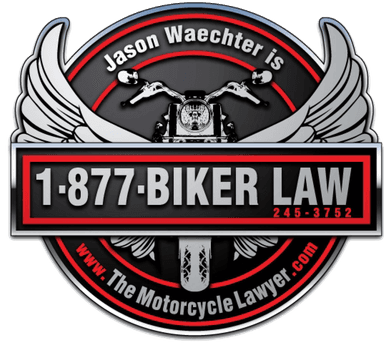
- 11:30a

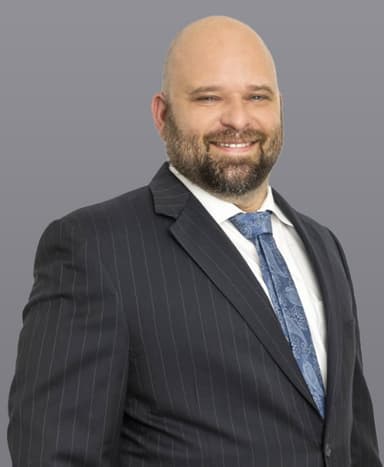 Tim FeliceDriving Drunk. Hiring Blind: Anatomy of the $92.3M Verdict
Tim FeliceDriving Drunk. Hiring Blind: Anatomy of the $92.3M Verdict Lunch
Sponsored by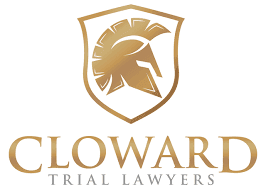
- 2:00p


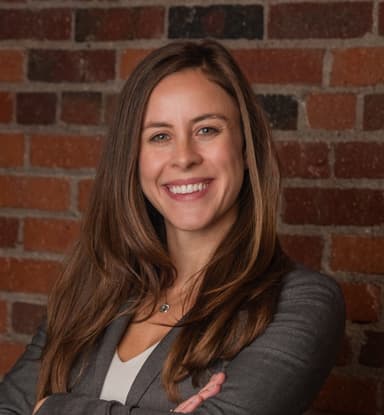 Kurt Zaner · Sarah McEahern Creating Drama at Trial – how to tell a story in trial through dramatic theatrical techniques
Kurt Zaner · Sarah McEahern Creating Drama at Trial – how to tell a story in trial through dramatic theatrical techniques Coffee & Snacks
Hosted by
- 3:15p

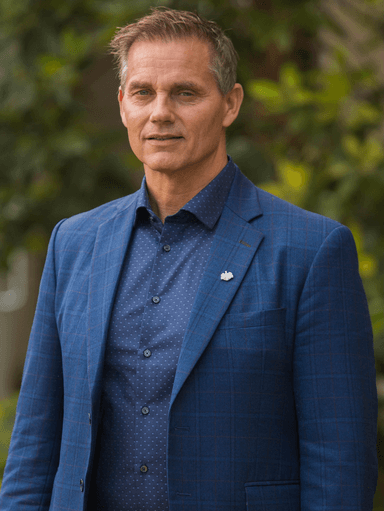

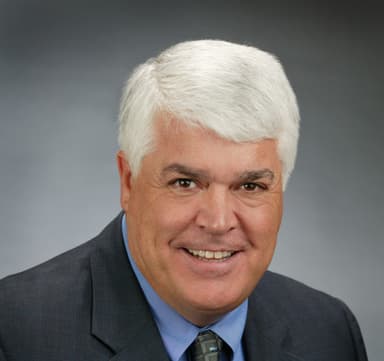 Dan Ambrose · Dirk Vandever · John RomanoBring Your Case to Life with Performance Skills
Dan Ambrose · Dirk Vandever · John RomanoBring Your Case to Life with Performance Skills Coffee & Snacks
Hosted by
- 4:30p


 Kurt Zaner · Sarah McEahern Writing a Story – Win your case in a page and a half
Kurt Zaner · Sarah McEahern Writing a Story – Win your case in a page and a half
Track 2
Breakfast
7:30am - 9:30am
Hosted by
- 9:00a


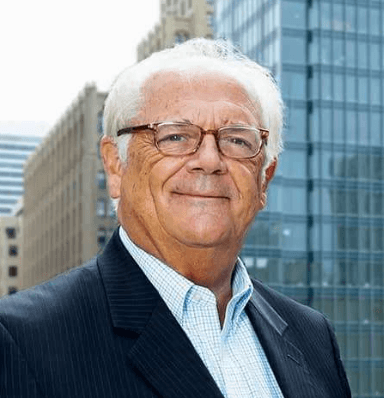 Ben B. Rubinowitz · Michael Kelly Jury Selection
Ben B. Rubinowitz · Michael Kelly Jury Selection Coffee & Snacks
Hosted by
- 10:15a


 Edward Ciarimboli · Phillip Miller Creating and Using Visuals in Depositions and Trials to Bulletproof Your Case
Edward Ciarimboli · Phillip Miller Creating and Using Visuals in Depositions and Trials to Bulletproof Your Case Coffee & Snacks
Hosted by
- 11:30a

 Patrick Salvi IIABCs of Big Damages: Always Be Closing from Voir Dire to Rebuttal
Patrick Salvi IIABCs of Big Damages: Always Be Closing from Voir Dire to Rebuttal Lunch
Sponsored by
- 2:00p

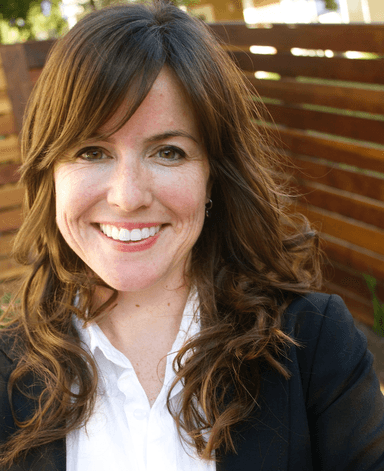 Jordanna ThigpenFee Applications & What I Learned in Bootcamp
Jordanna ThigpenFee Applications & What I Learned in Bootcamp Coffee & Snacks
Hosted by
- 3:15p

 Michael AlderFrom Good to Great: How to Maximize the Value of Every Injury Case
Michael AlderFrom Good to Great: How to Maximize the Value of Every Injury Case Coffee & Snacks
Hosted by
- 4:30p

 Michael AlderFrom Good to Great: How to Maximize the Value of Every Injury Case
Michael AlderFrom Good to Great: How to Maximize the Value of Every Injury Case
Track 3
Breakfast
7:30am - 9:30am
Hosted by
- 9:00a

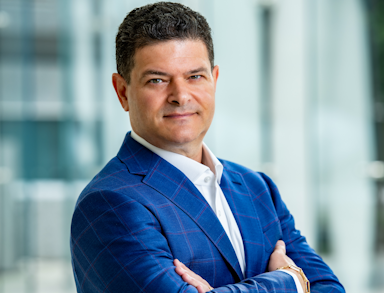
 Joe Fried · Sach Oliver The Perfect Combination: Speed Trial and Depositions Are Trial Methodologies
Joe Fried · Sach Oliver The Perfect Combination: Speed Trial and Depositions Are Trial Methodologies Coffee & Snacks
Hosted by
- 10:15a


 Joe Fried · Sach Oliver The Perfect Combination: Speed Trial and Depositions Are Trial Methodologies
Joe Fried · Sach Oliver The Perfect Combination: Speed Trial and Depositions Are Trial Methodologies Coffee & Snacks
Hosted by
- 11:30a


 Joe Fried · Sach Oliver The Perfect Combination: Speed Trial and Depositions Are Trial Methodologies
Joe Fried · Sach Oliver The Perfect Combination: Speed Trial and Depositions Are Trial Methodologies Lunch
Sponsored by
- 2:00p

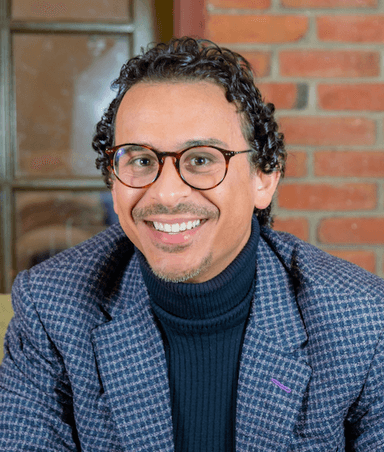 Michael HillMaximizing Damages: Winning Large Verdicts and Settlements by Unlocking the Punitive Aspects of Compensatory Damages
Michael HillMaximizing Damages: Winning Large Verdicts and Settlements by Unlocking the Punitive Aspects of Compensatory Damages Coffee & Snacks
Hosted by
- 3:15p

 Stephen J. BurgHow to Super Charge your Verdict with Case Faming
Stephen J. BurgHow to Super Charge your Verdict with Case Faming Coffee & Snacks
Hosted by
- 4:30p

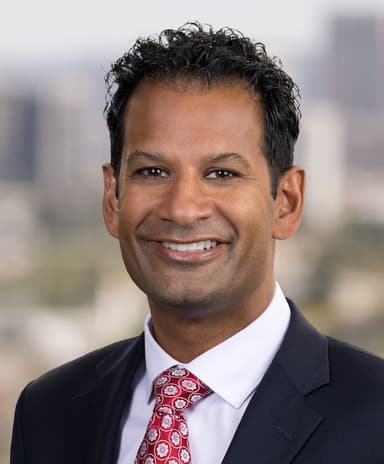 Rahul RavipudiThe Importance of Jury Instructions And How To Argue The Law At Trial
Rahul RavipudiThe Importance of Jury Instructions And How To Argue The Law At Trial
Track 4
Breakfast
7:30am - 9:30am
Hosted by
- 9:00a

 John RomanoVisibilizing the Injury in Vehicle & Premises Cases
John RomanoVisibilizing the Injury in Vehicle & Premises Cases Coffee & Snacks
Hosted by
- 10:15a


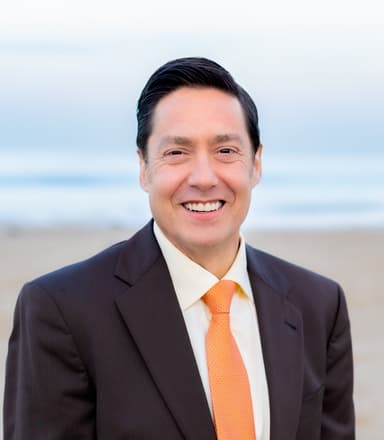 Eric Oliver · Scott Frost War on Truth: Trial and Closing Argument in Post-Truth Times
Eric Oliver · Scott Frost War on Truth: Trial and Closing Argument in Post-Truth Times Coffee & Snacks
Hosted by
- 11:30a

 Dirk VandeverVoir Dire - Wrongful Death
Dirk VandeverVoir Dire - Wrongful Death Lunch
Sponsored by
- 2:00p

 Randall Sorrels25 Game-Changing Strategies
Randall Sorrels25 Game-Changing Strategies Coffee & Snacks
Hosted by
- 3:15p

 Lloyd BellUsing AI and Apps to Prevail in Medical Malpractice Cases
Lloyd BellUsing AI and Apps to Prevail in Medical Malpractice Cases Coffee & Snacks
Hosted by
- 4:30p

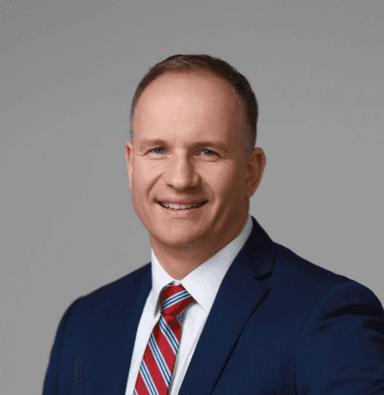 Przemek LubeckiThe Mental Game for Trial
Przemek LubeckiThe Mental Game for Trial
AM Workshops
PM Workshops
Thursday Parties

Elvis & Marilyn
5:30pm-8:30pm



Gaming Lounge
Music By DJ AVEC AMIS
8:30-11pm



